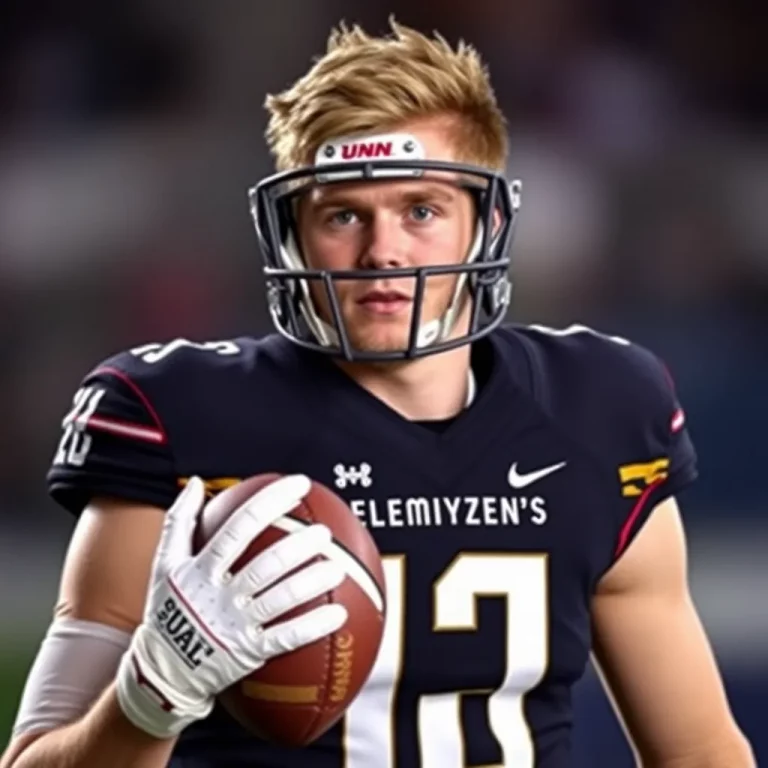Cooper Kupp’s Dominant College Career at Eastern Washington
YAKIMA, Washington – Cooper Kupp, one of the most prolific wide receivers in college football history, showcased an impressive performance during his four years at Eastern Washington University. From 2013 to 2016, Kupp didn’t just play; he redefined the position, making a lasting impact on the sport.
Kupp, who stands at 6 feet 2 inches and weighs 208 pounds, entered Eastern Washington after a remarkable high school career as a dual-sport athlete. His achievements included winning the State 4A Tournament in basketball during his senior year, combined with a standout performance in football where he made a name for himself as a first-team All-Columbia Basin Big Nine League wide receiver and defensive back.
During his time in college, Kupp played in 52 games, leading the Eagles to an impressive 41 wins while going 28-4 in the Big Sky Conference. His team not only captured three Big Sky titles but also made it to the FCS Playoffs in three of his four seasons.
Throughout his college career, Kupp set multiple records, including those for the FCS, Big Sky, and Eastern Washington. His career stats include winning the prestigious Walter Payton Award in 2015, which recognizes the top offensive player in the FCS. Kupp also earned 30 first-team All-American honors, a testament to his dominance on the field.
Some of Kupp’s standout moments include remarkable games against teams like Cal Poly and Washington State, where his performances helped to solidify his legacy. In one memorable game against Northern Colorado in 2015, he recorded a staggering 20 receptions for 275 yards, leaving fans in awe.
Eastern Washington head coach Beau Baldwin praised Kupp, highlighting not only his skills but also his work ethic and competitive spirit. Kupp’s ability to perform under pressure, even when defenses were keenly aware of his talent, set him apart as a unique player.
As Kupp’s collegiate career came to an end, it was clear that he was special—not just as a player but also as a person. His contributions at Eastern Washington not only reshaped the program but also set a standard for future generations of wide receivers.



